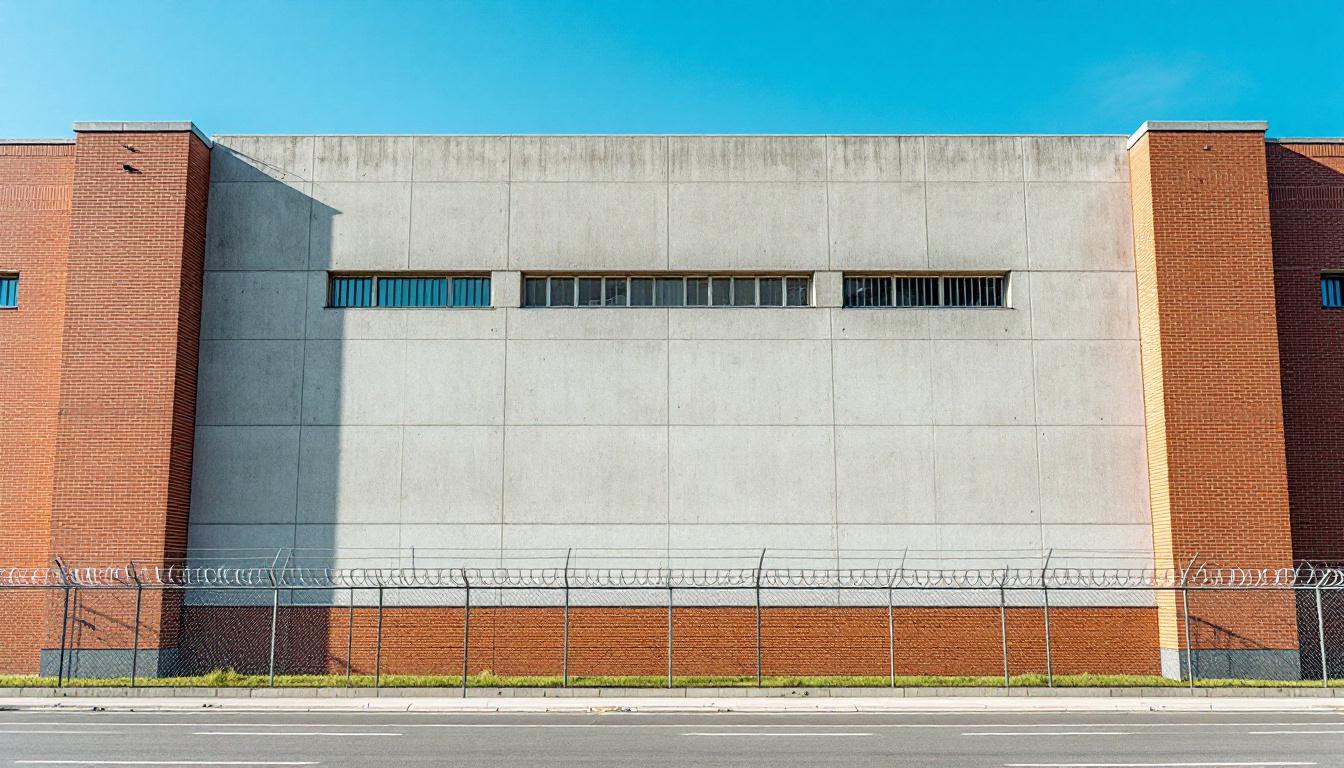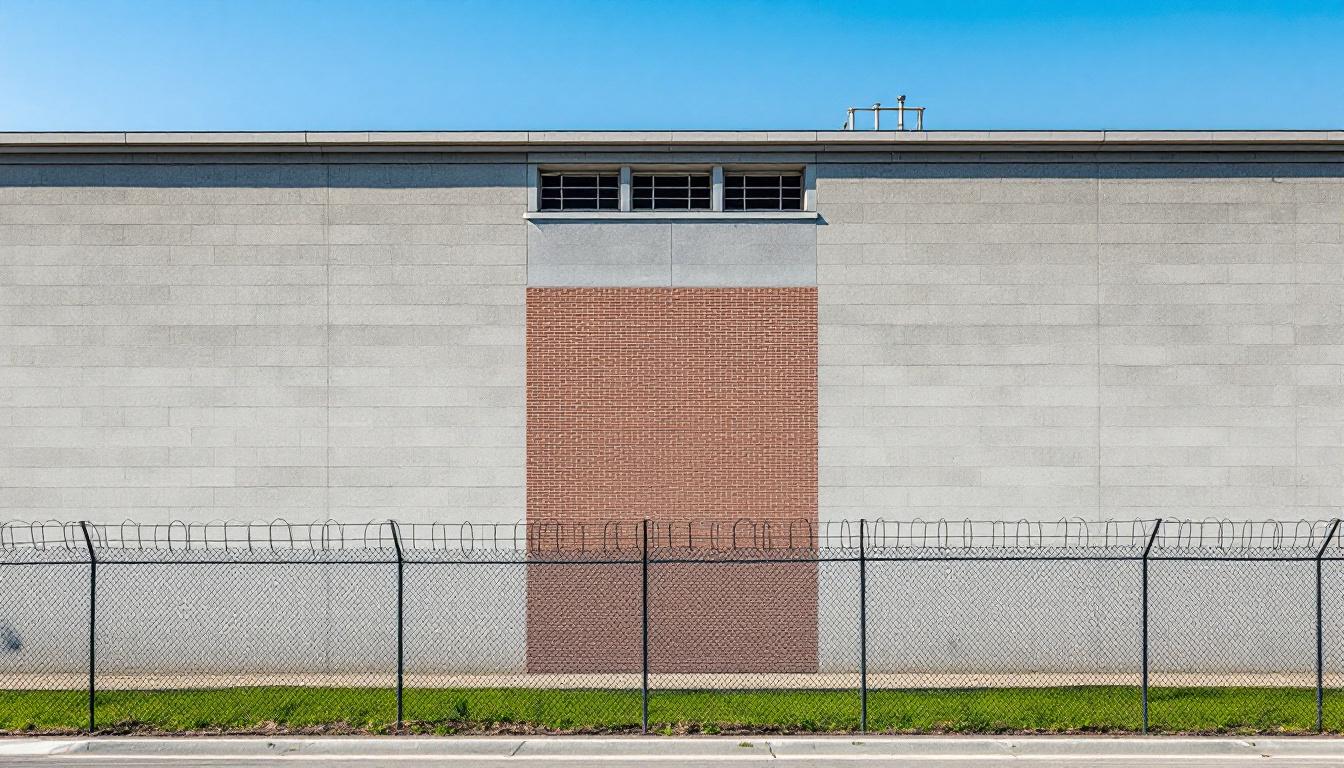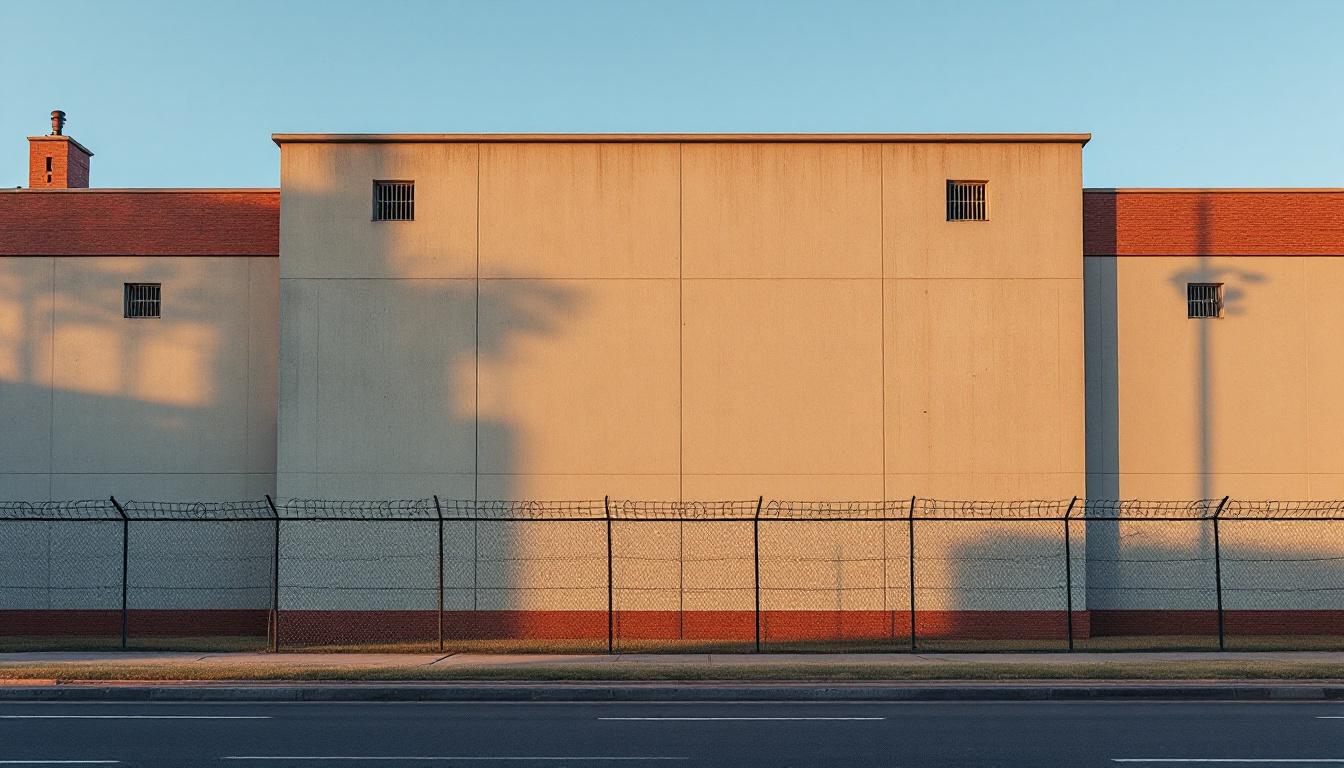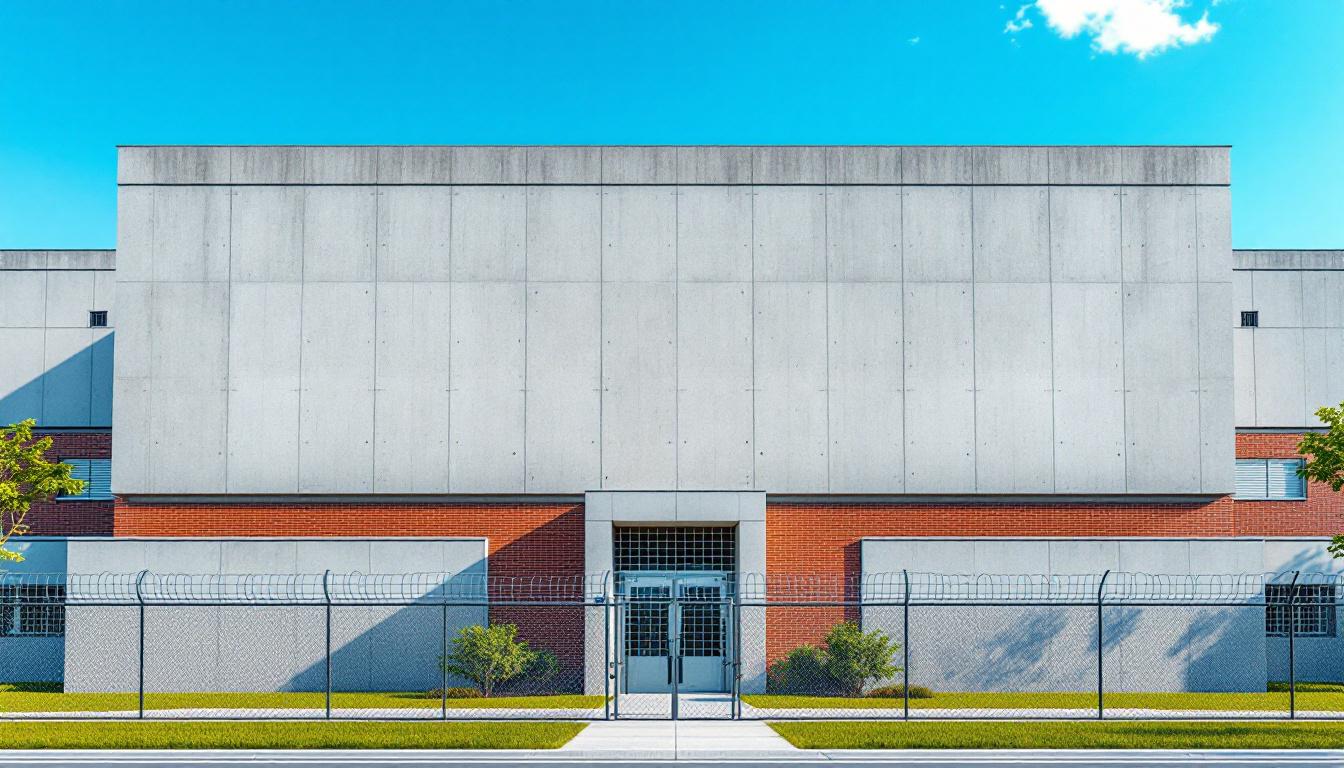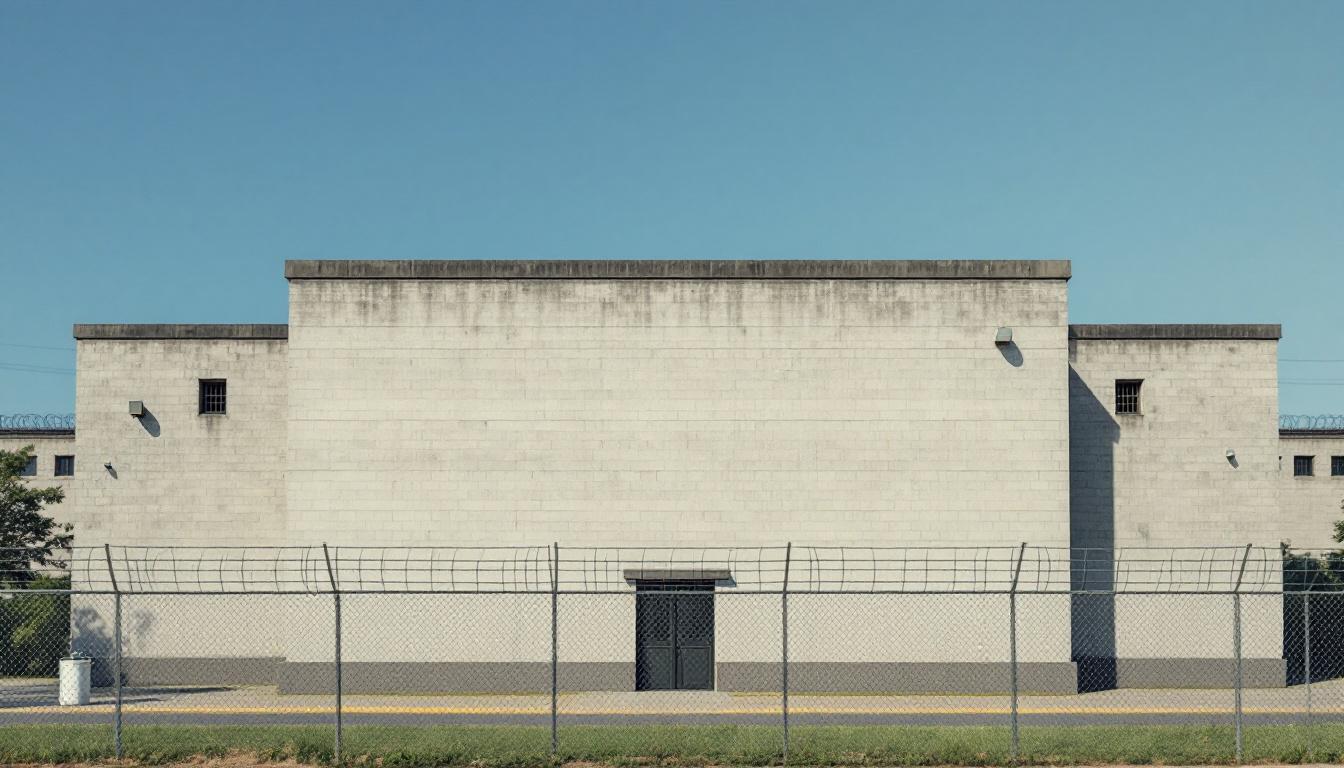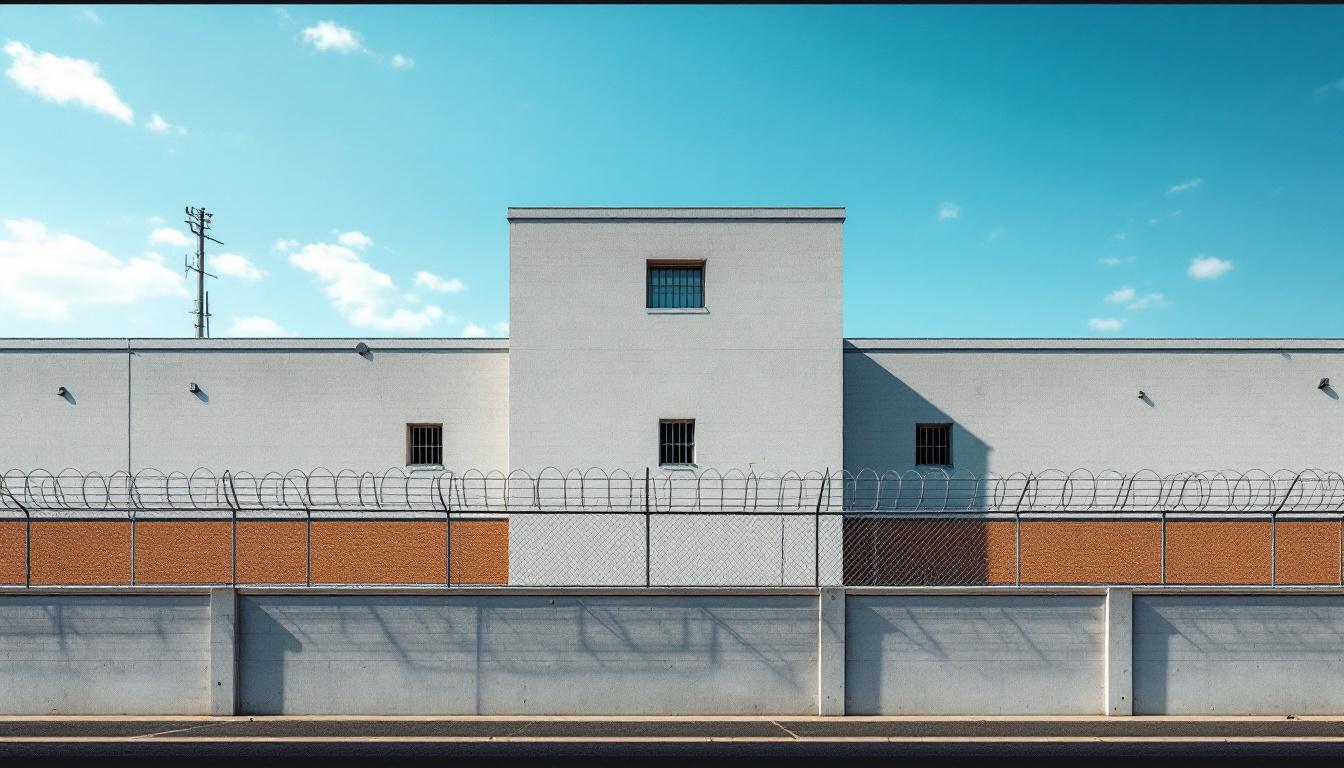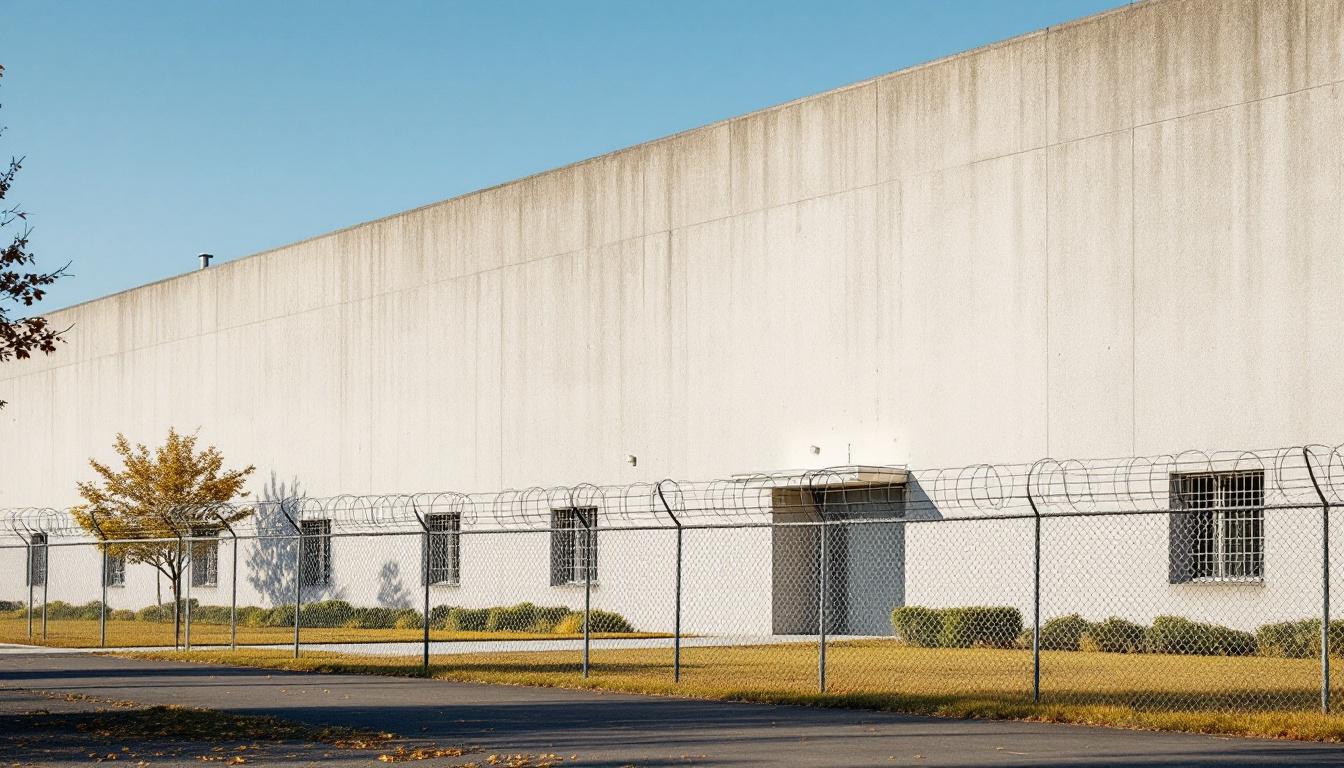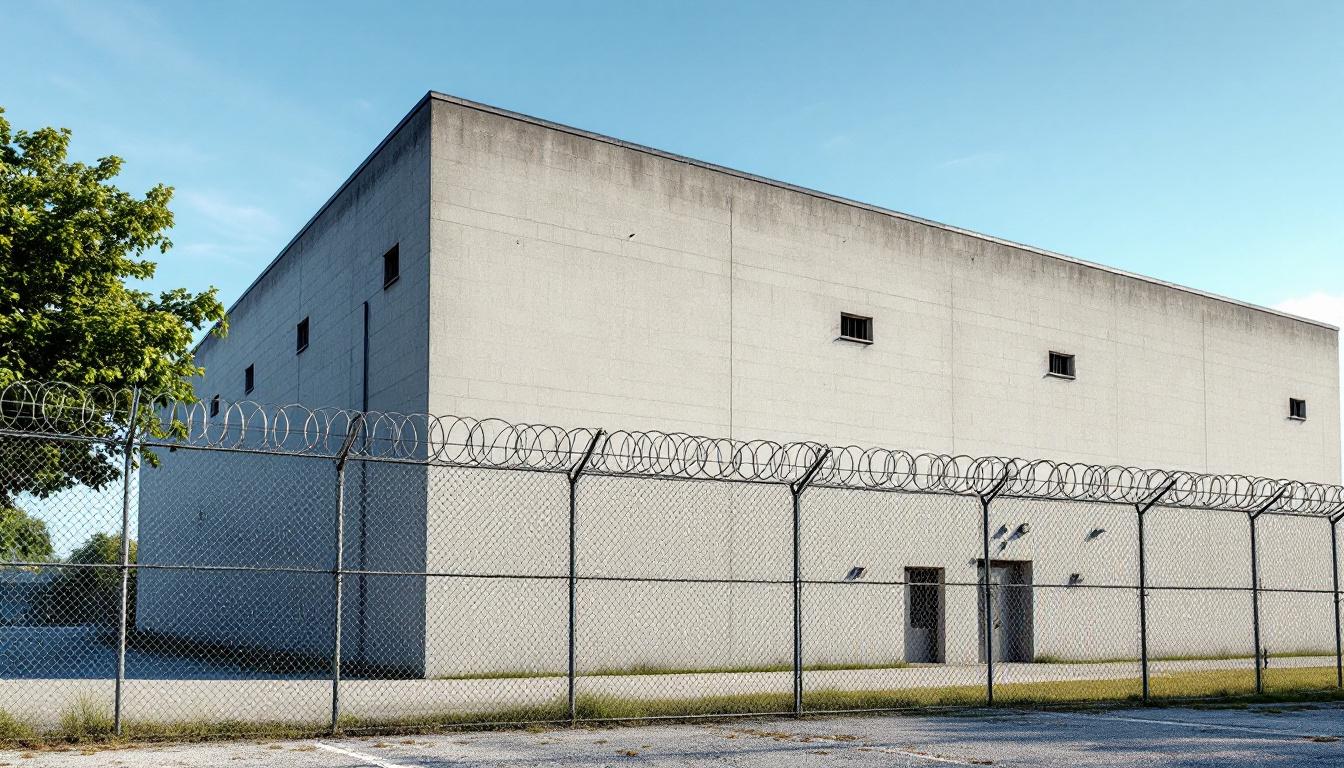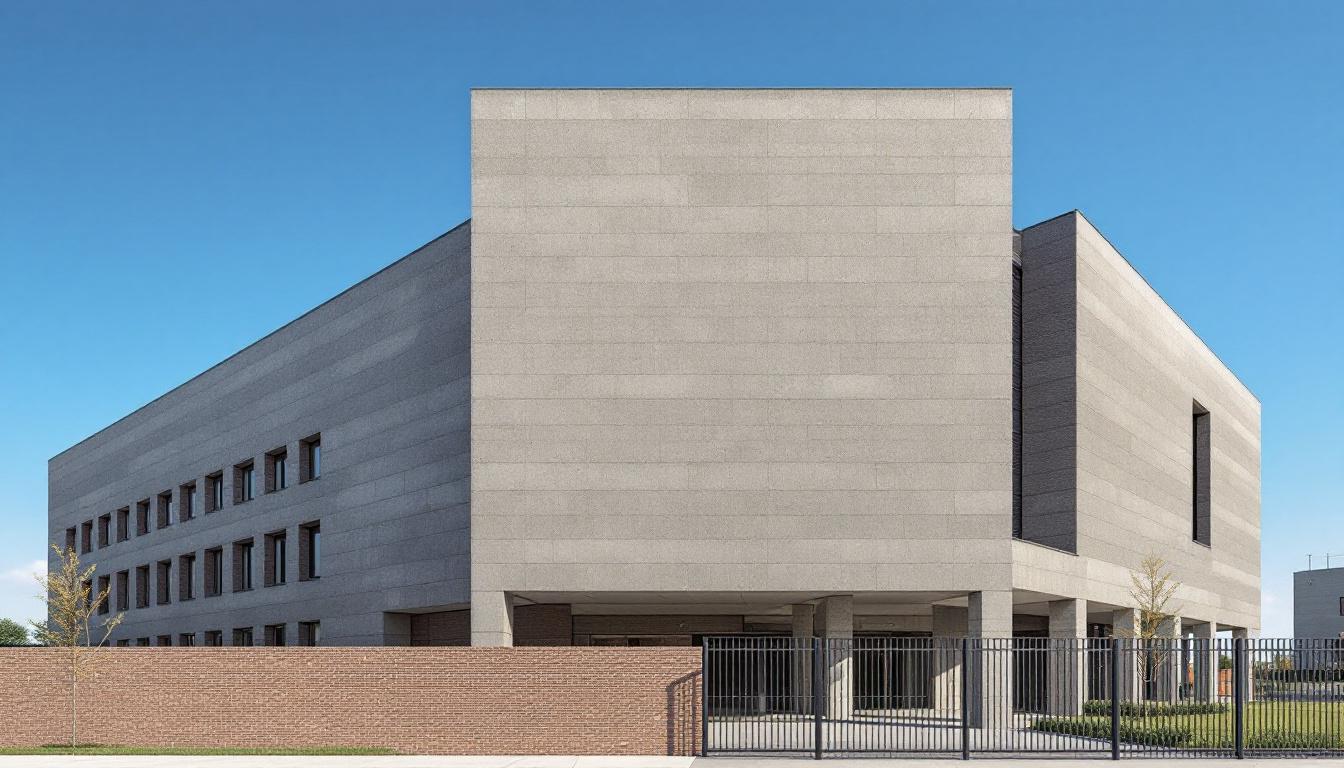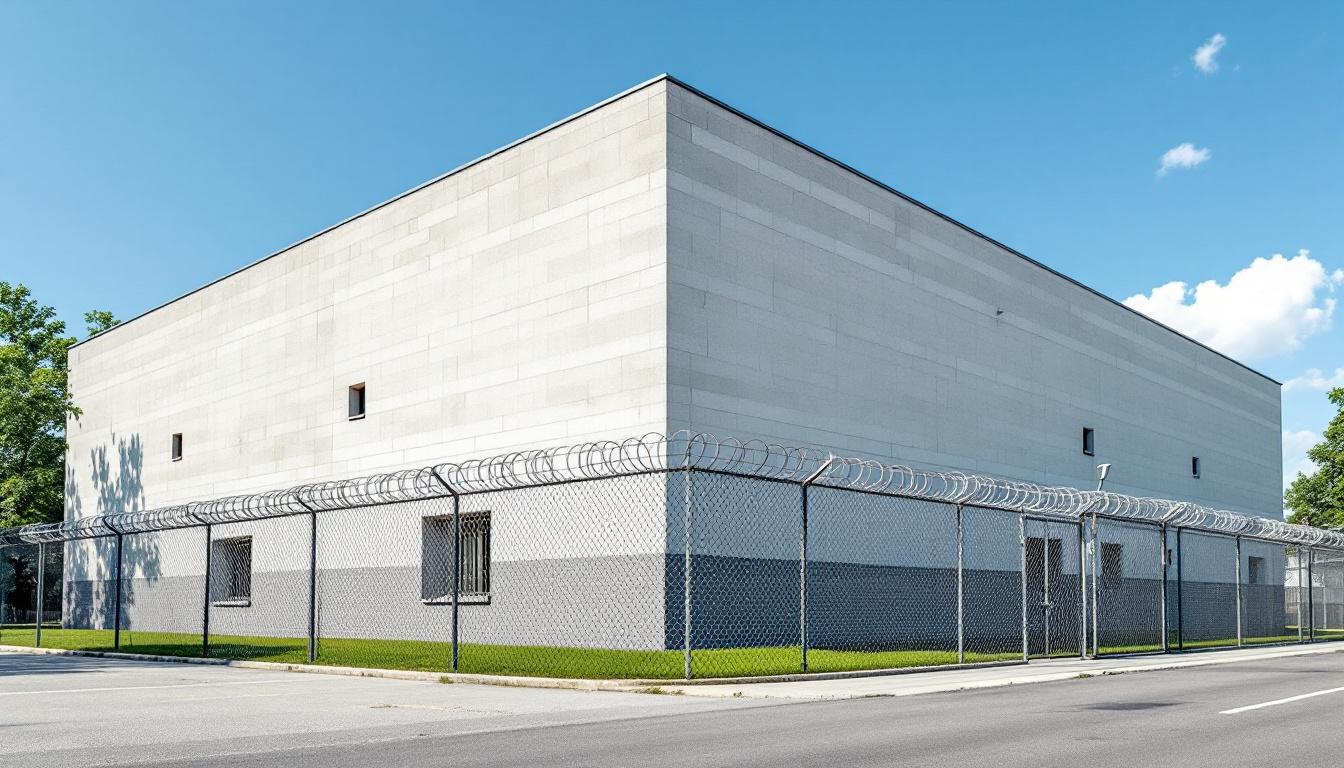
Quick Navigation
How to contact an inmate at Correctional Facilities
This comprehensive guide will walk you through how to connect with an inmate at Correctional Facilities. Follow the steps below to find an inmate and send letters and photos:
- Search for the inmate using our search tool below
- Create your account or log in to Penmate
- Write your message (up to 6,000 characters)
- Send instantly - inmates receive printed copies daily
Find an Inmate
Search for an inmate to start communicating today
Tip: You can search by first name, last name, or inmate ID number
To contact a person at Correctional Facilities start by searching for the person on the facility website. Perform a search by following these steps:
- Step 1: Enter their first name and last name into the search form and click "Search"
- Step 2: Locate their inmate record
- Step 3: Write down their Inmate ID and any housing information provided
Important! Be sure to enter the person's full name. Nicknames should not be used.
How to Send Messages to Inmates

You can use your phone or computer to send emails, letters, and photos to an inmate. Messages are sent electronically to inmate tablets or kiosks at the facility. If you would like to send a message, start by searching for an inmate at Correctional Facilities.
Sending Photos and Postcards

A great way to send love and support to a loved one at Correctional Facilities is to send photos and postcards. It only takes a few minutes to send photos from your phone and it makes a huge difference. You can also mail postcards with words of support and inspiration, or design your own postcard for special moments like birthdays and holidays.
Important! Be sure not to send any explicit photos or they may not be approved by the facility. You can also use a photo printing app like Penmate to make sure your photos are printed at the correct size (4x6 or 3x5) and are mailed according to the rules and regulations of Correctional Facilities.
Frequently asked questions about Correctional Facilities
-
How long does it take to deliver a message?
If you're sending an email message your letter is usually delivered within 24-48 hours. For messages sent via mail you should expect delivery within 3-7 days. All messages will need be approved by Correctional Facilities.
-
How much does it cost to send a message to Correctional Facilities?
You can send a message free using your phone or mail a message via USPS for the price of a $0.60 stamp and envelope. You can also purchase credits or e-stamps from services starting at $1.99.
-
What services can I use to contact an inmate at Correctional Facilities?
Penmate
You can use Penmate to send letters and photos to an inmate from your phone. It's an easy way to stay in touch during your loved one's incarceration. Use the inmate locator to find an inmate's location and contact information, then you can send messages within a few minutes.
Securus messaging
Securus may be another option for communicating with an inmate at Correctional Facilities. You can create a friends and family account and purchase credits to send messages. All messages will be reviewed and must be approved by the facility.
JPay
Some county jails and state prisons may support sending messages with JPay. You must register an account with the system, find your loved one, and purchase stamps to send messages. For some locations you can also attach photos.
Smart Jail Mail
You may also check if Smart Jail Mail is available at Correctional Facilities. Smart Jail Mail is operated by Smart Communications and has contracted with some state and county jails. After purchasing credits, your messages and photos are sent to the facility, printed out, and then handed out to your loved one.
-
What is the mailing address of Correctional Facilities?
Mailing address:
Correctional Facilities
1300 E 4th Ave
Anchorage, AK 99501
Phone: (907) 269-0900 -
What are the visiting hours at Correctional Facilities?
Visiting hours at Correctional Facilities vary by housing unit and security level. Generally, visits are scheduled on weekends and holidays, with some facilities offering weekday visits. Contact the facility directly at (907) 269-0900 or check their website for the current visiting schedule. Visits typically last 30-60 minutes and must be scheduled in advance.
-
What items are prohibited when sending mail to Correctional Facilities?
Prohibited items typically include: cash, personal checks, stamps, stickers, glitter, glue, tape, staples, paperclips, polaroid photos, musical or blank greeting cards, hardcover books, magazines with staples, and any items containing metal or electronics. Only send letters on plain white paper with blue or black ink. Photos must be printed on regular photo paper (no Polaroids). Always check with Correctional Facilities for their specific mail policies.
-
How do I send money to an inmate at Correctional Facilities?
You can send money to an inmate at Correctional Facilities through several methods: 1) Online using JPay, Access Corrections, or the facility's approved vendor, 2) Money orders mailed directly to the facility with the inmate's name and ID number, 3) Kiosks located in the facility lobby, or 4) Over the phone using a credit or debit card. Fees vary by method, typically ranging from $2.95 to $11.95 per transaction.
-
Can I schedule a video visit with an inmate at Correctional Facilities?
Many facilities now offer video visitation as an alternative to in-person visits. At Correctional Facilities, video visits may be available through services like Penmate, Securus Video Connect, GTL, or ICSolutions. Video visits typically cost $10-20 for 20-30 minutes and must be scheduled in advance. You'll need a computer or smartphone with a camera and reliable internet connection. Contact the facility for their specific video visitation policies and approved vendors.
-
What identification do I need to visit an inmate at Correctional Facilities?
All visitors must present valid government-issued photo identification such as a driver's license, state ID, passport, or military ID. Minors must be accompanied by a parent or legal guardian who can provide the minor's birth certificate. Some facilities require visitors to be on the inmate's approved visitation list, which may require a background check. Contact Correctional Facilities for specific ID requirements and visitor approval procedures.
-
How can I find out an inmate's release date?
To find an inmate's release date at Correctional Facilities, you can: 1) Use the online inmate search tool if available, 2) Call the facility's records department, 3) Contact the inmate's case manager or counselor, or 4) Have the inmate provide this information during a call or visit. For privacy reasons, some facilities only release this information to immediate family members.
Facility Overview
Contact Information
Correctional Facilities1300 E 4th Ave
Anchorage, AK 99501
Phone: (907) 269-0900
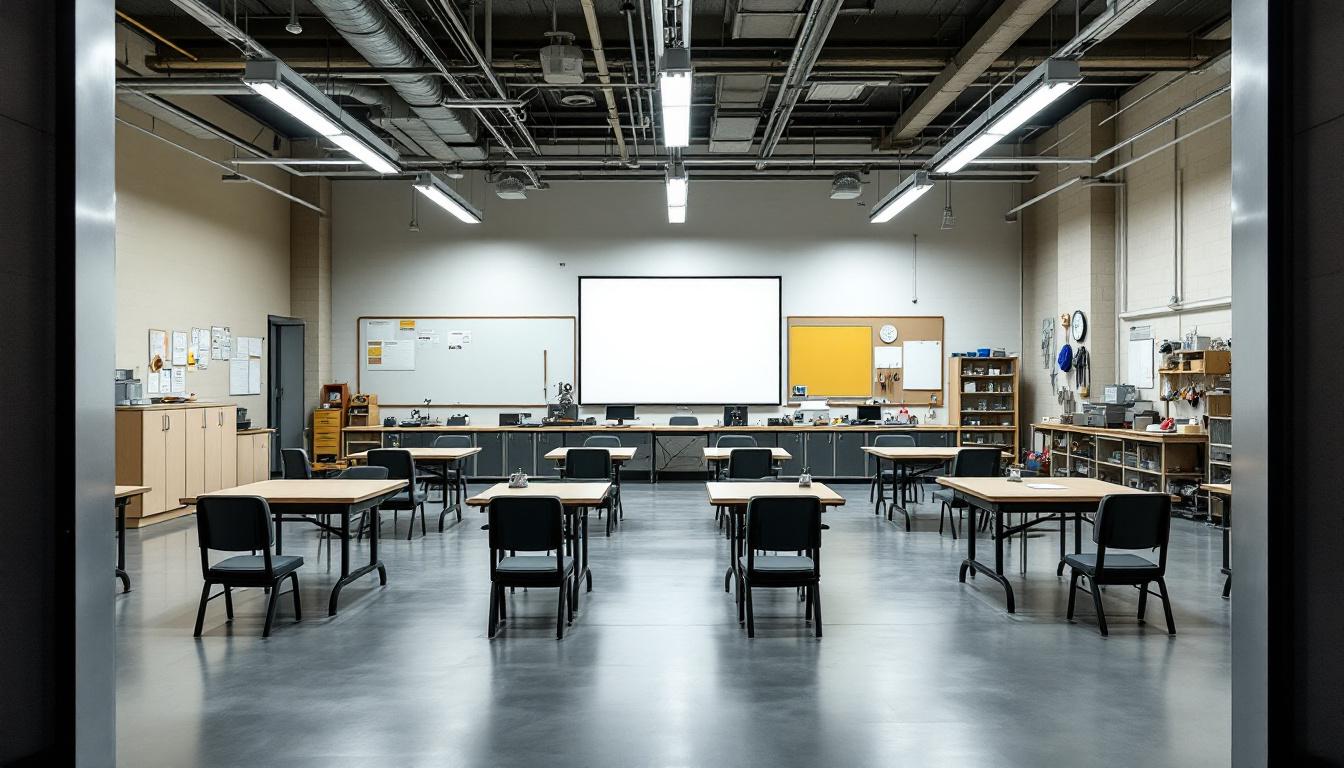
About Correctional Facilities
Located in Anchorage, Alaska’s largest city, Cook Inlet Pretrial operates as a criminal pretrial detention center serving the state’s most populous metropolitan area. Found at 1300 E 4th Ave in Anchorage, this facility typically houses individuals awaiting trial or court proceedings within Alaska’s judicial system. The center’s location in Anchorage positions it to serve a significant portion of Alaska’s population, as the city functions as the state’s primary urban hub and commercial center.
Cook Inlet Pretrial supports the pretrial detention needs of Alaska’s court system, providing secure housing for individuals during the legal process. Like many pretrial facilities, the center may offer basic educational services and programming designed to maintain inmates’ skills during their stay. These services often include literacy programs, GED preparation, and educational materials access, though specific program availability can vary based on facility resources and individual case requirements.
The facility operates within Alaska’s comprehensive correctional landscape, where geographic isolation and harsh weather conditions often influence detention operations. While the website data indicates the facility ceased migrant detention operations in 2013, it continues to function as a pretrial detention center, supporting the broader Alaska correctional system’s mission of maintaining secure custody while individuals navigate the court process.
Programs & Services
Based on the available information, Cook Inlet Pretrial in Anchorage operates as a criminal pretrial detention center that has been serving the community since 2012. While specific program details are limited in the available documentation, pretrial facilities in Alaska typically focus on providing essential services that support individuals during their detention period while awaiting court proceedings.
The facility may offer basic educational services, including literacy programs and GED preparation, which are common in Alaska’s correctional system. Mental health and substance abuse counseling services are often available to address the underlying issues that frequently contribute to criminal behavior. These programs typically include individual counseling sessions, group therapy, and educational workshops focused on addiction recovery and mental health awareness. Medical services are generally provided to ensure detainees receive necessary healthcare during their stay.
Additional support services may include legal assistance coordination, where staff help facilitate communication between detainees and their legal representatives. The facility likely provides basic vocational training or work programs that help maintain daily operations while offering skill development opportunities. Religious and spiritual services are commonly available, along with recreational activities in communal spaces to support physical and mental well-being. Family visitation programs and telecommunications access help maintain important connections with the outside community, which can be crucial for successful reintegration following release.
Daily Life & Visitation
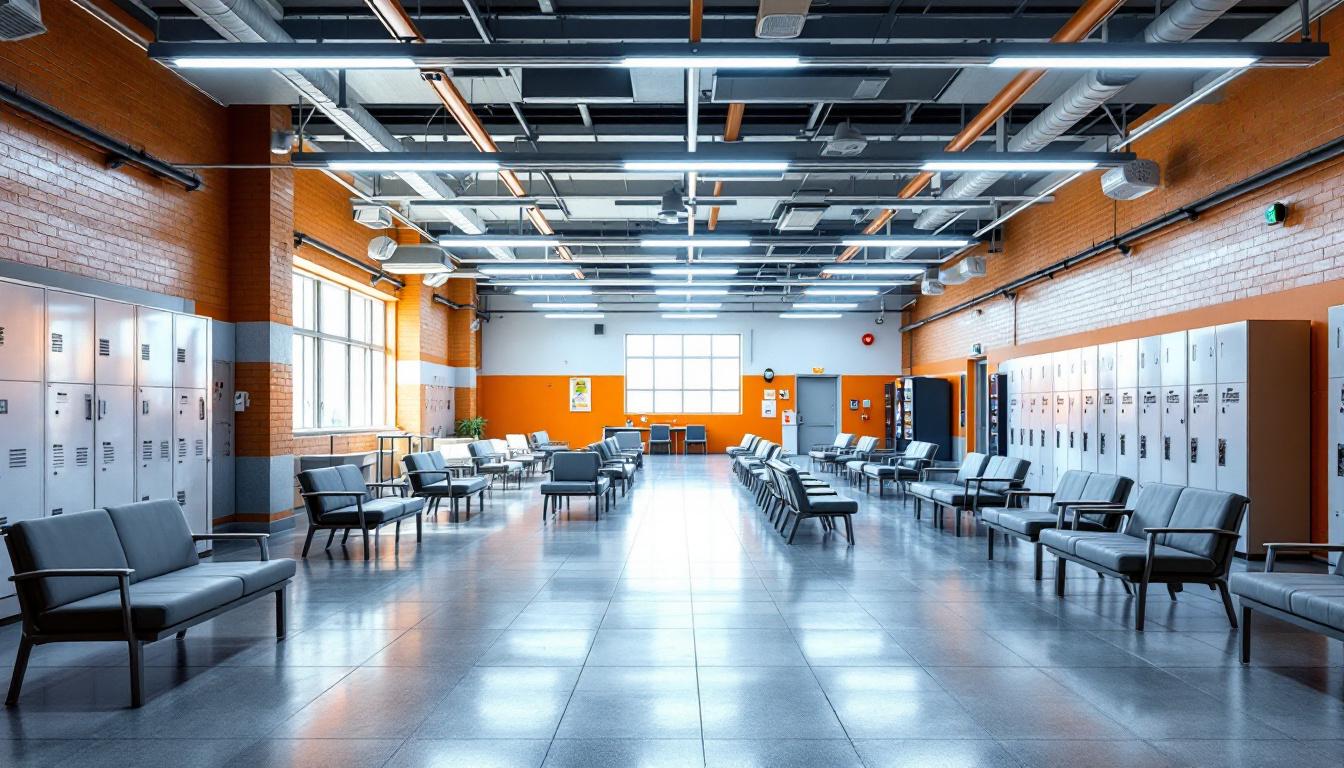
Located at 1300 E 4th Ave in Anchorage, Cook Inlet Pretrial operates as a criminal pretrial detention center serving individuals awaiting court proceedings in Alaska’s largest city. The facility typically maintains structured daily schedules that may include designated meal times, recreation periods, and court preparation activities, though specific routine details vary based on security classifications and individual case requirements.
Detainees at Cook Inlet Pretrial often have access to communication systems that may include monitored telephone services and regulated visitation opportunities, allowing them to maintain contact with family members and legal representatives during their pretrial period. The facility generally provides basic accommodations and services typical of pretrial detention centers, which often include medical monitoring, meals, and supervised recreational activities within the constraints of the secure environment.
As a pretrial facility, Cook Inlet Pretrial focuses on housing individuals who are awaiting trial rather than serving sentences, which typically means shorter average stays compared to correctional institutions. The daily operations usually emphasize court scheduling coordination, legal consultation access, and maintaining security protocols while detainees navigate the legal process. Family members seeking to contact individuals at the facility can typically reach the main number at 907-269-0900 for information about visitation procedures and communication policies.
Ready to Connect?
Start communicating with your loved one today
Search for an Inmate
